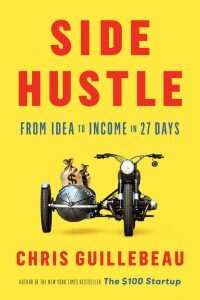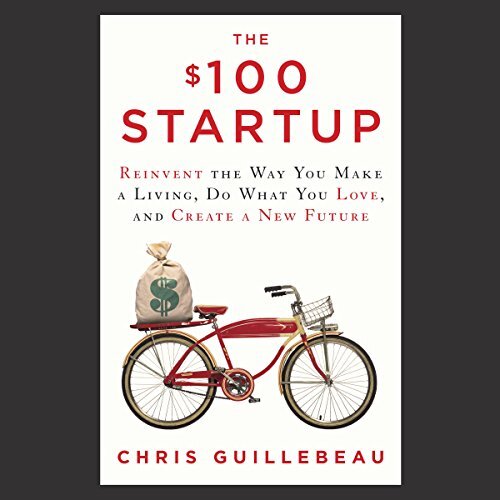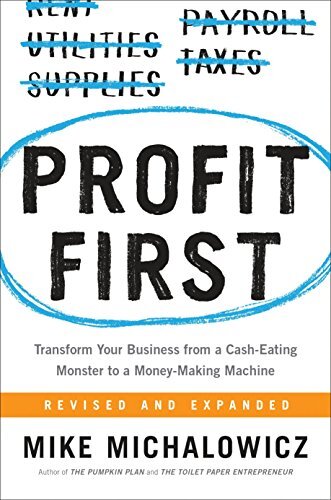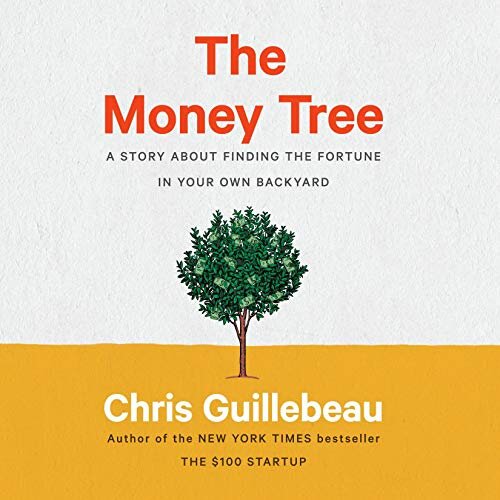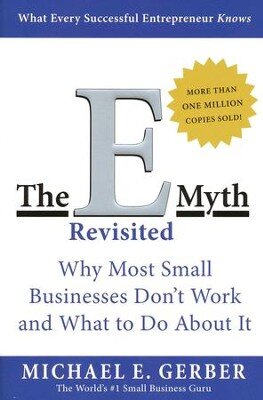What actions do you take on a daily and weekly basis to stay on track?
At this point, everything is a process honed after years of being in business. I always try to have an eye towards the future for the items and tasks I have in front of me. Long ago, I adopted a journal where I keep track of what I'm working on. I record tasks and notes for meetings and use it to be organized. I record all of the key things we're working on in my journal and it helps me get a good balance of time to be able to prepare, think, and read in preparation for meetings.
My assistant kind of runs my life and makes sure I know where I need to be. Hopefully, my plan for the week is organized in such a way that I meet everyone's expectations and meet with whom I'm supposed to meet. My organization and the folks who work for me make sure priorities are clearly defined. We make sure the tasks we are working on support our vision and goals. The client always rules! If there's something going on with a client, that will always take priority and it can be a wild card throughout the day. In addition, I allow time for work related to committees or board work here at Putnam. I try to get as much done as possible during the day so when I go home - I actually go home and I'm able to enjoy life.
As you know, there is a huge challenge with the possibility of 24/7 connections to work due to technology. How do you turn it off?
That's a great point and a big challenge. The good news is we're connected 7 by 24 and the bad news is we're connected 7 by 24. It has facilitated a virtual workforce. I don't know or care where the folks who work for me are in any given moment because I know we can connect during the day. The challenge is to make sure you don't become consumed by it. I've adopted a few strategies and still need to practice them to hone them into my skill set. One thing I've done recently is to refrain from sending emails to people who work for me after work hours unless it's urgent.
I'm at a stage where I have full confidence in the people who work for me and don't have to micro-manage. I've never been a micro-manager. I prefer to be hands-on and not hands-in. However, we work for an organization that supports billions of dollars in assets and millions of customers and things can go bump in the night. So, it’s not uncommon to be on the phone or online dealing with a problem after hours.
Do you have any advice for someone who works for a micro-manager?
It's a challenge. You always have to figure out your boss and adapt to the boss’ style. If you are incredibly pro-active, it decreases micromanagement. Understand how your boss communicates and receives information. Be on your game and communicate in a way that's going to please your manager or leader. Ultimately, everyone wants to be able to do their job to the best of their ability. In the big picture, a micro-manager just wants the work to be done right. Perhaps something happened in their career that forced them to adopt that style.
You’ve been passionately involved with the Boston Crusaders Drum and Bugle Corps youth non-profit organization for over 30 years. You’ve played the role of member, instructor, and currently serve on the board. How has that experience enriched your life?
It's been at my core. I'm not a true believer in a mentor/mentee relationship, as much as, I look at the whole process as a bit of a buffet where you must adopt things that work for you and avoid the negative. We had very limited resources during the time I was a member. I got to work for Fidelity and Putnam - two very large organizations where resources were never really an issue. When you have the resources and you're not struggling to figure out what to do and you're just dealing with the problems - those problems seem much less than when you're dealing with a non-profit organization and trying to keep the organization alive.
I've excelled in my career because I have the ability to deal with incredible situations both positively and negatively and it shaped who I am. I've also been able to apply many things I've learned in business to the Crusaders. It's similar to a business - you have to bring in the right kind of talent. Currently, we’re focused on sustainability. We don’t want to rely on one or two people - we need the entire organization to be strong.
How do you keep alumni engaged and involved with the corps?
One of the benefits of age is that I've been with the corps since 1978 and the corps was around forty years before that. The Crusaders were national champions in the late sixties and early seventies. They were the place to be for innovative and competitive drum corps. The organization survived in very lean times and the survival mentality of the group created many powerful bonds between the people involved with the organization. And now we're all the way on the other side again - we're sustainable and we're building a champion. I would tell all alumni and supporters to jump back on.
The kids in the organization are just like we were. The whole Espirit de Corps and feeling of belonging to a family that's bigger than the drum corps still exists. The board, alumni, and friends give the organization incredible support and that translates into a member experience that ranks very high in our member surveys. We need everybody to be a part of the drum corps to get it to be a champion. The heart of the lion (Waldo, the corps' mascot) is still the same.
How have you taught your kids to prioritize?
I teach them through example. I try to take advantage of teachable moments. I help them keep focused on their goals and what they need to do to achieve them. I help them get organized so they have a path to get there. No matter what you want to achieve it's going to require hard work. I encourage them to be open to advice and accept help when it’s offered. I try to get them to see different perspectives. In the end, they should follow their hearts. Ultimately, they are responsible for their goals and their styles will rule in the end. Everyone has a specific style that makes him or her successful. They need to leverage their strengths and work on their weaknesses - even if they don't want to recognize them. I teach them to follow their ambitions and not be afraid. One of my sons was a state champion in the forensics of speech. He wasn't shy about going after that even though it wasn't very popular. I tell my kids to follow their hearts and have the work ethic to achieve success - even if they have a bit more than I had.
How do you keep your children on track if they make decisions you don't agree with?
It's a tough one. You try to point to examples of where they could end up if they keep going that way and ask them if that's where they want to be. Also, I give a little perspective of time because everything seems immediate when you're young but when you're older you know a problem can work itself out if you give it a little more time. I try to give them confidence and help them find their voices. No matter whom you are dealing with: kids, friends, or colleagues - in the end people have to find their own way. I think it's very important to set great examples. My folks were great examples for me and I do that for my kids. It's important to work hard, be respectful, love, and help the greater good - creating that environment helps shape people.
I've seen firsthand how you're a great example of taking opportunities given to you and paying them forward.
I've really been blessed for the people I've had in my life. It's been an incredible journey.
Lastly, what advice would you give to a professional just starting his/her career in terms of productivity?
Work as hard as you can on the right things. Connect what you are doing with what the CEO of your company is trying to accomplish. Many times, you can be working on something you feel is very important but it really doesn't connect to what the company is working towards. Make sure you're as aligned as high as you can with the organization.
Secondly, take advantage of every opportunity. If there's an opportunity to be part of a team or special project, if something needs to get done but not many people want to do it, roll up your sleeves and do it! It's only going to help you in the future.
As far as time management goes, I learned of a valuable resource early on in my career called a life grid. List work, family, fun, faith, health, fitness, education and any other main area of your life then write a percentage of your time that you’re spending across those areas. Ask how your assessment resonates with how you want to be at that point in your life and which adjustments are needed. Do that every 3-6 months and it will become a guidepost for how you're spending your time. It will help you improve the whole person and not just the person at work.
Is the life grid from a book or is it something you created?
I think it was part of a training I had early on. It was an exercise we went through and I still use that visual image today. Life flies by and you need to get a handle on it. Then you can say - this is where I’m at, I’m spending way to much time at work and not enough time figuring out how I am going to grow as a professional and how I'm going to get to the next step. And you take an adjustment there - take a class or do something that's going to further evolve you. Or maybe you realize you're getting burned out at work and not spending time having fun, connecting with friends, being with family, and need to make some adjustments. Maybe you're at a point in your life where you want to become serious about a relationship.
If someone wanted to replicate this life grid, how would they do it?
Take any piece of paper and draw a tic-tac-toe type of grid. On the top row list the major categories of your life (work, family, fun, faith, health, education.…) In the next row down you do some self-assessment. One more row down is where you write down how you want to be in these different areas. And in the bottom row you will list the adjustments needed.






